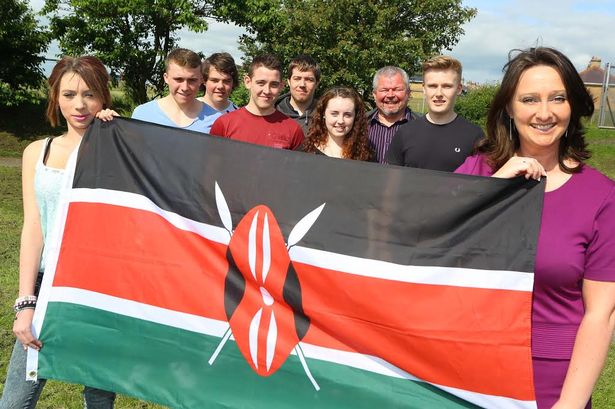Cambridge International Examinations has opened office in Nairobi in a move expected to make it easy for students within East Africa to sit for its internationally recognised examinations.

The Nairobi office is the latest in the organisation’s bid to grow in sub-Saharan Africa which currently has over 830 schools. Simon Lebus, the group’s CEO, says currently there are only two ways for East Africans to access Cambridge qualifications:
“Through the British council and joining the Cambridge family as an associate; for which an institution has to go through the rigors of meeting the quality which is desired.”
Kenya is currently second after Nigeria in providing students seeking to go through the Cambridge system of education in Sub-Saharan Africa. Data by the British Council show that over 2,300 students from Kenya sit for Cambridge examinations which are accepted by institutions of higher learning in Europe, North America, Asia and Australia.
“Kenyan students (sitting for Cambridge assessments) are also highly sought after by UK universities because of their high performance,” commented British Council Director Tony Reilly at an event held at Brook house school in Nairobi for official announcing of Cambridge’s future plans in East Africa.
Lebus and his team reiterated that the Cambridge system is not meant to compete Kenya’s 8-4-4 system, but rather to be complimentary.
Reilly on his part told the press that Kenya institute of curriculum development (KICD) has asked for British council’s help in coming up with a better curriculum, “something we are pleased to offer,” he added.
As the world shapes into a global village, said Executive Manager of Cambridge International Examinations in East Africa Joseph Mbugua, many employers are increasingly asking for individuals who can work for the global market — exactly what Cambridge is offering its students.













